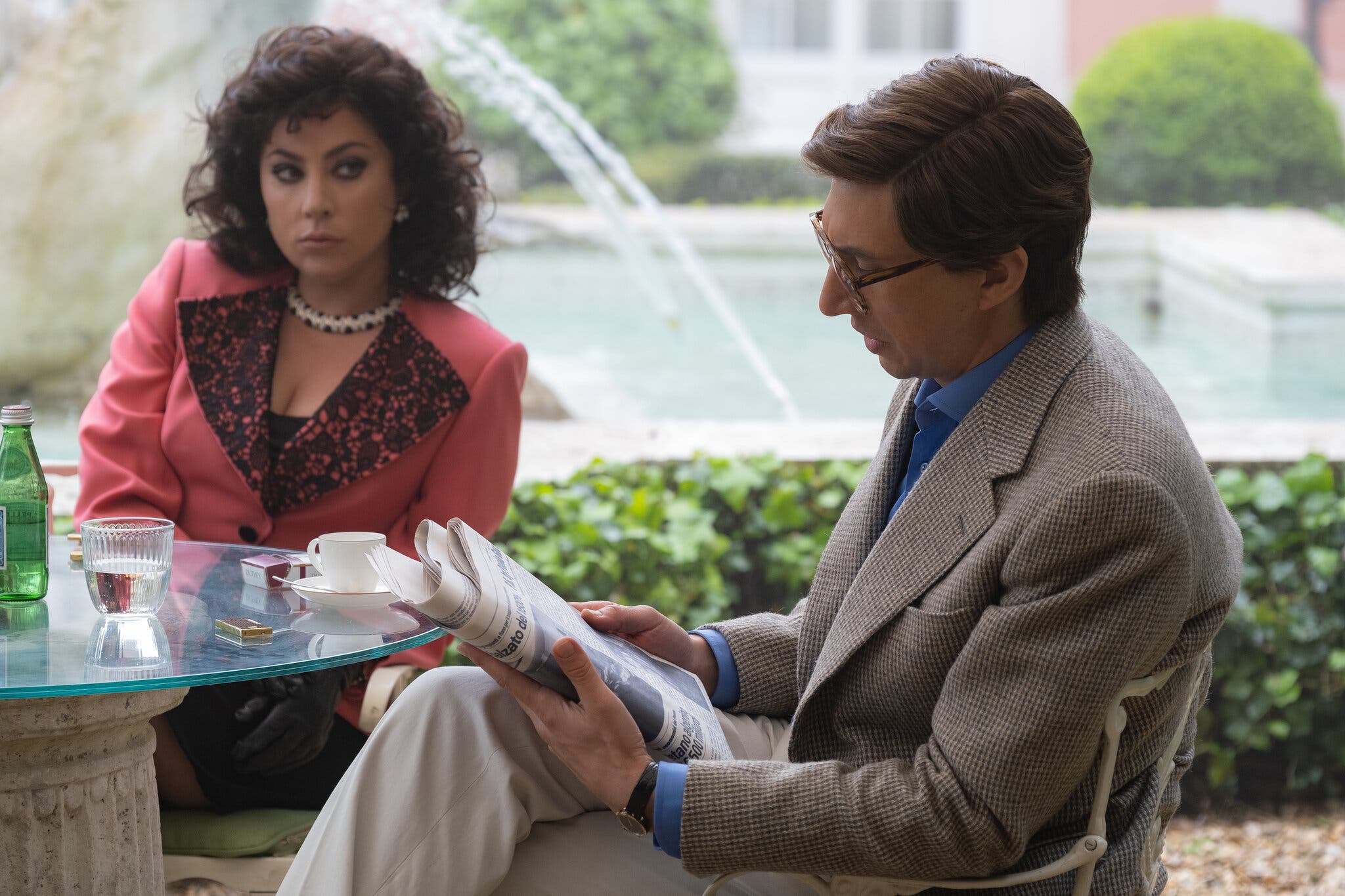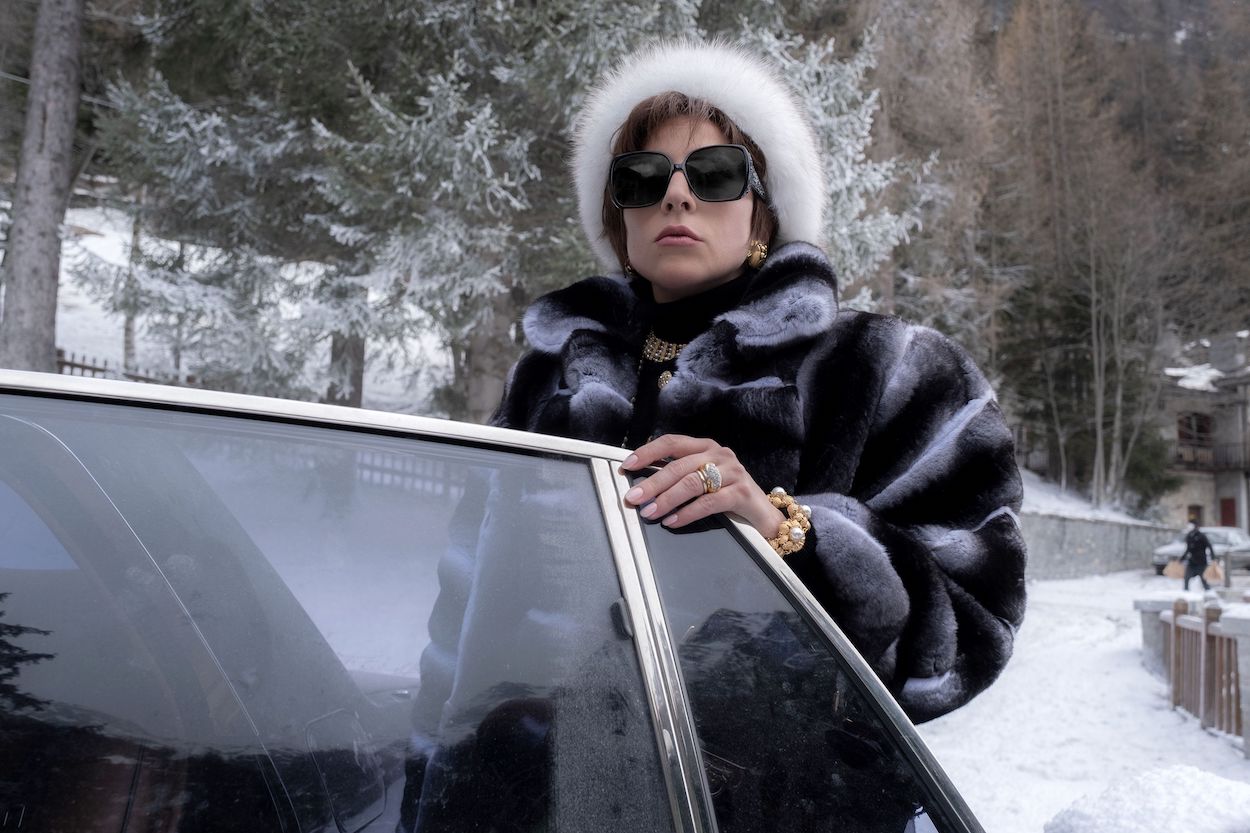Finally, the wait is over: the much-memed and hotly anticipated House of Gucci has arrived. The two-and-a-half-hour long film, directed by Ridley Scott and featuring an all-star cast—Lady Gaga, Adam Driver, Al Pacino, Jeremy Irons, Jared Leto, Salma Hayek, all dressed to the nines—debuted Nov. 24 and raked in $14.2 million over Thanksgiving weekend. In the pre-Covid era, this would be a modest success; instead, it’s a record-setting debut since the pandemic nearly obliterated cinema as we knew it.
But will this box office success translate into profit for the Italian fashion label? According to consultancy Launchmetric, the movie has garnered over 25,000 posts across news and social media, worth an estimated $104 million. The Gucci family isn’t exactly thrilled with its depiction, which spotlights a period of time—the ‘80s and ‘90s—that’s considered a low point aesthetically for the brand. The Gucci squad is even calling the film “extremely painful from a human point of view and an insult to the legacy on which the brand is built.” Now owned by Kering, the fashion house didn’t have much input on the film’s content or production—Gucci lent the actors items from its archive and allowed the crew to shoot inside its Rome store, but that was all.

